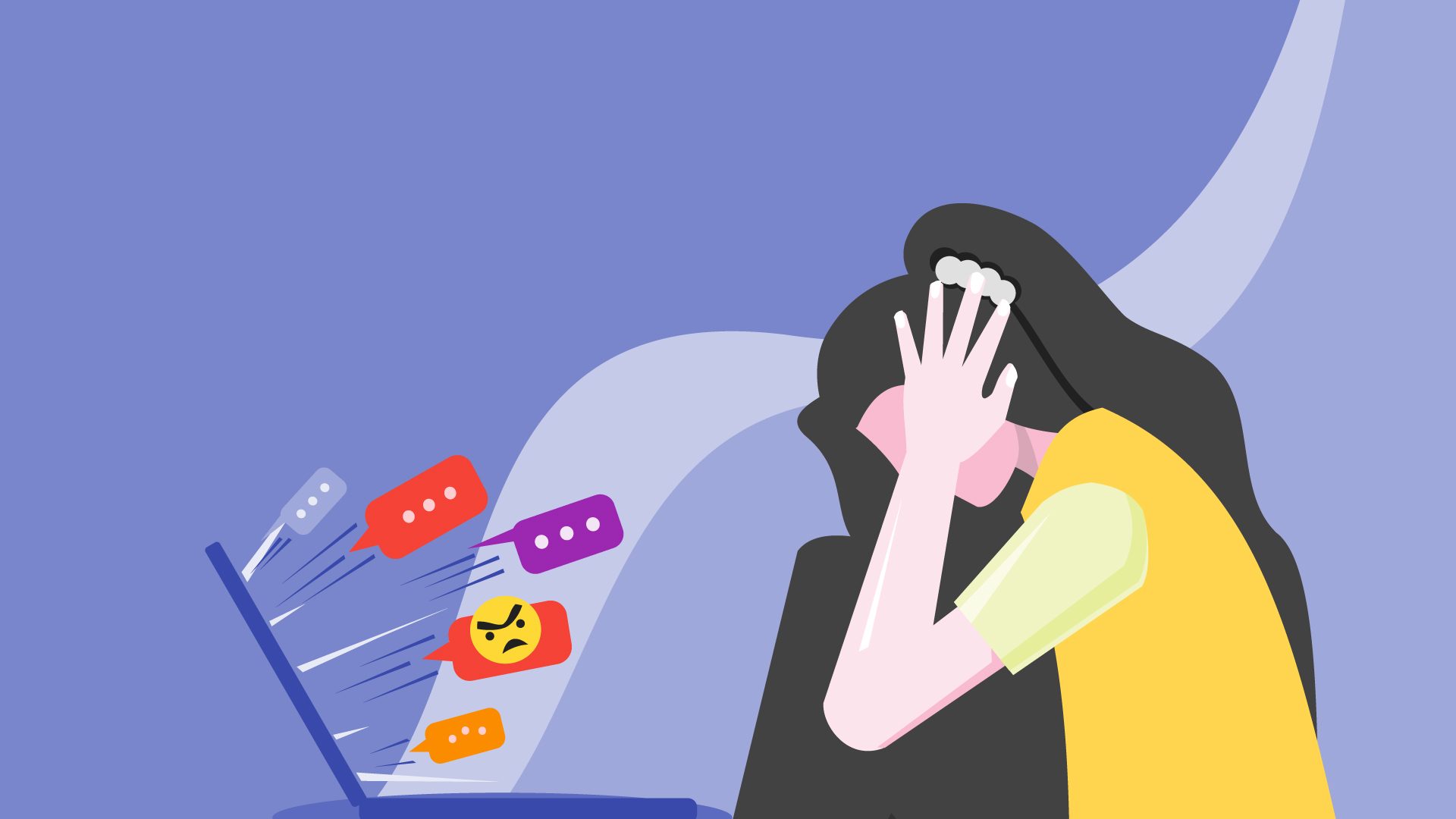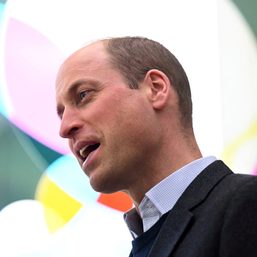SUMMARY
This is AI generated summarization, which may have errors. For context, always refer to the full article.

LONDON, United Kingdom – Young women are more concerned about the mental health impact of being online than other internet users, with many citing personal safety fears and the harm caused by trolling, a study by Britain’s media watchdog has found.
Regulators and activists across the world are increasingly calling on Big Tech companies to tackle hate speech on online platforms, a plea echoed by the head of Britain’s Ofcom regulator as she unveiled the report on internet usage.
“The message from women who go online is loud and clear,” Ofcom Chief Executive Melanie Dawes said in a statement on Wednesday, June 1.
“They are less confident about their personal online safety, and feel the negative effects of harmful content like trolling more deeply.”
The report found women aged 18-34 were more likely than any other group to report a negative overall impact on mental health, with 23% of them disagreeing that being online has a positive effect on their mental health.
In comparison, 45% of men over the age of 18 agreed with that statement, while boys aged 13-17 were most likely to agree with it.
Dawes urged large tech companies to take women’s online safety concerns seriously.
The research, which was conducted last year and surveyed more than 6,000 people, found that 60% of female users who had experienced trolling said they were bothered or offended by it, compared to just 25% of men.
The study also found that women feel less able to have a voice and share opinions online.
The sites and apps most visited by adults were owned by Alphabet, the owner of Google and YouTube. That was followed by Meta, which owns Facebook, WhatsApp and Instagram, and Amazon. – Rappler.com
Add a comment
How does this make you feel?





There are no comments yet. Add your comment to start the conversation.